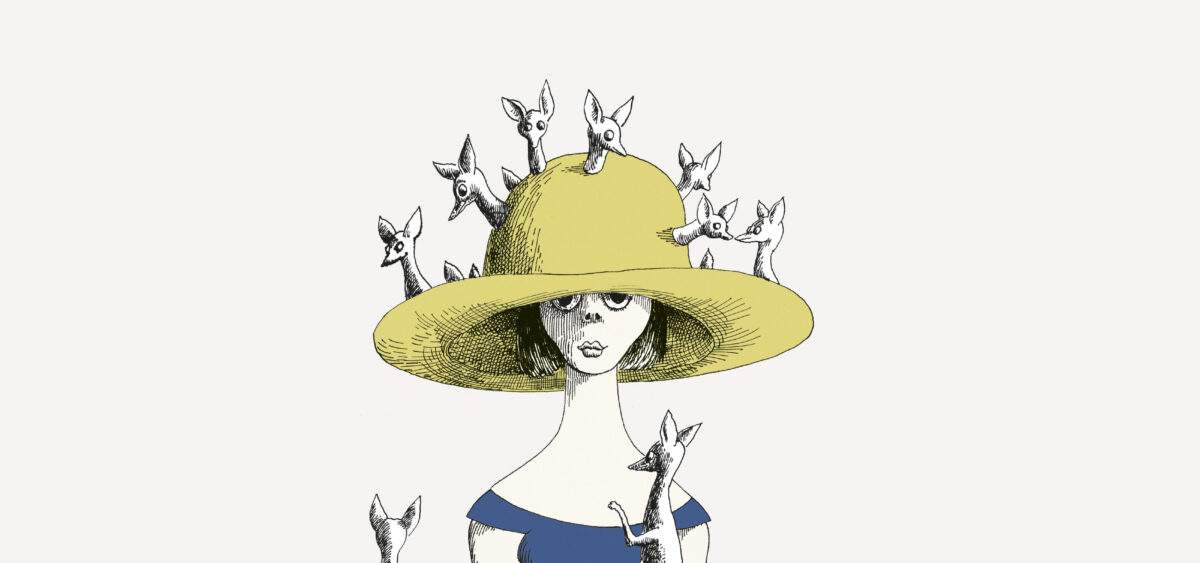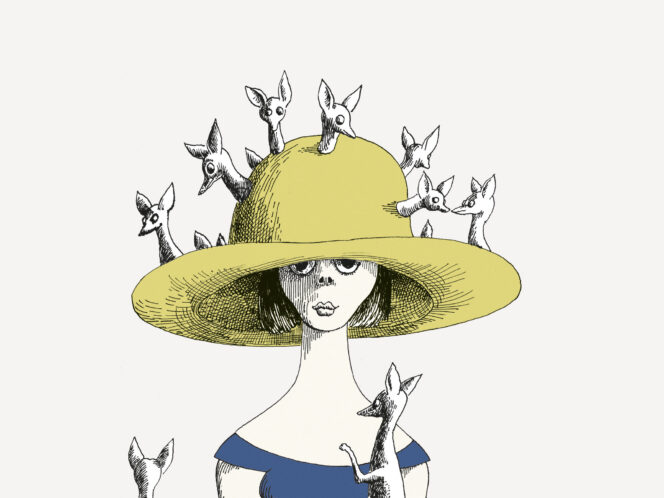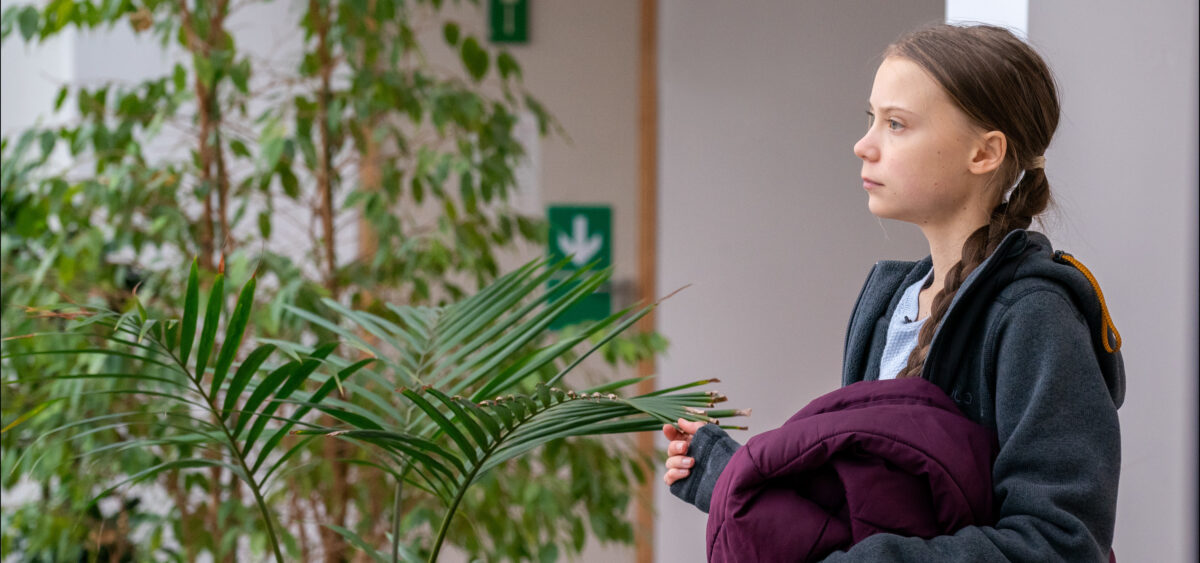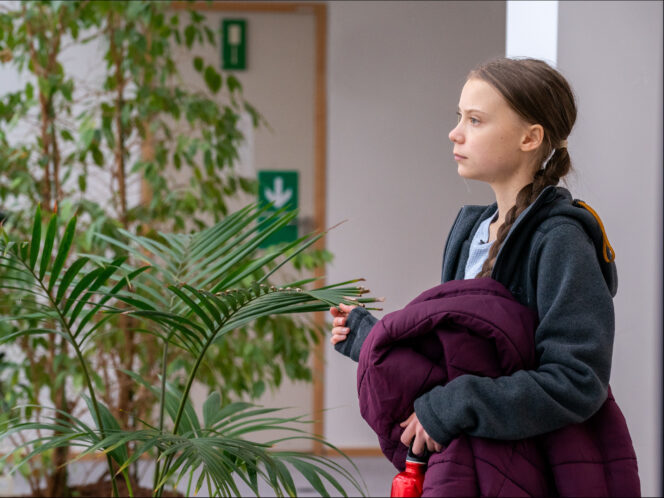
She was accused of excessive emotionality, reproached for her spinsterhood. Some even suggested she was a Soviet spy. That was the price she paid for writing about the harmful effects of pesticides on the environment. Her name was Rachel Carson.
1962, in the midst of the Cold War. The US imposes an embargo on Cuba; the nuclear arms race and the space race are on. Lou Reed is 20 years old; Bob Dylan is 21 and has just released his first album. 19-year-old Janis Joplin begins her studies at the University of Texas at Austin, which she never finishes. On 5th August, Marilyn Monroe dies – the circumstances are unclear, and her death is referred to as a “probable suicide”. On 28th August 1962 at 4pm, President John F. Kennedy hosts a press conference during which he is asked whether he is considering engaging the Department of Agriculture or the Public Health Service to investigate the impact of DDT and other popular pesticides on human health. Kennedy responds without hesitation that the investigation is already underway, thanks to “Miss Carson’s” book.
The book Kennedy was referring to was Silent Spring, widely regarded as a crucial work for the development of ecological awareness in the US. Combining top-tier literature with scientific deduction, author Rachel Carson, a zoologist by education, argued that the mass use of insecticides, mainly DDT (dichlorodiphenyltrichloroethane), could have a detrimental effect on the environment and human health. Carson’s accessible, evocative style made readers realize that the range of impacts of the synthetic agents being introduced into the environment could never








